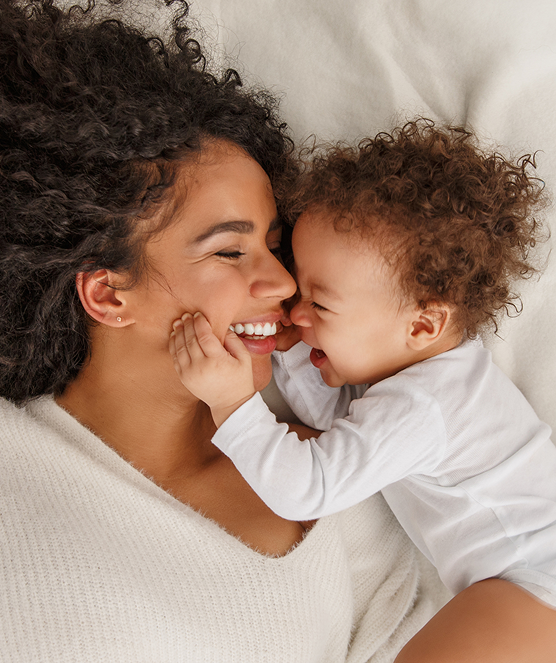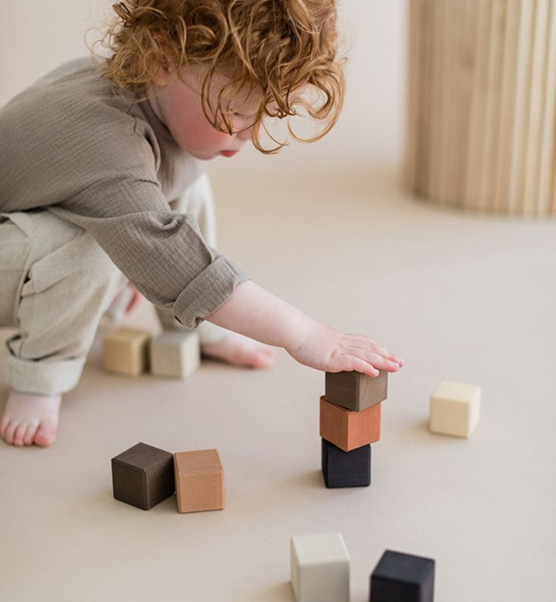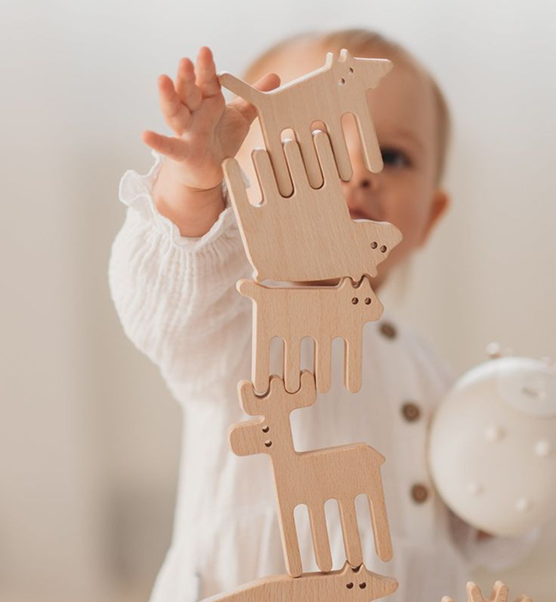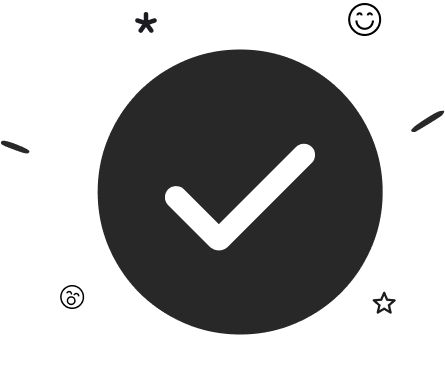I’m stuck at home anyway… Is this a good time to potty train?
I have gotten many versions of this question over email, and my eagle-eyed editor Ginny also noted that potty training books are “trending” on Amazon. I’m not surprised. In fact, Penelope is reading over my shoulder as I write this and notes “This is a good time to do potty training because you are stuck in the house”. Is she right?
To begin, let’s review some basic (non-COVID) facts. When you think about potty training there are really two broad considerations. First, child age. Second, method.
Age first. To explore this in Cribsheet, I used data from (among other places) a 2004 paper in the Journal of Pediatrics which followed 400 children from age 18 months on, and charted their potty training journey. Specifically, they tracked when parents said they started training (defined as asking the child about using the potty at least 3 times a day) and when parents said their child was fully trained in the daytime.
They are able to use this to look at the relationship between the age you start training, and the age of completion. It’s in the graph below. Read this as saying: for parents who say they started training between 24 and 27 months (so right around 2) the average time of potty training completion is around 3. Really, this graph has two conclusions. First, if you start later, on average you end later. This is perhaps obvious. Second, if you start later it takes less time. There isn’t much difference in completion time between those parents who start at 21 months and those who start at 27.
Many people noted this was depressing – like, it’s going to take me a year? Are you kidding? Reflecting on this after I published Cribsheet it does seem worth revisiting how initiation is defined. It is possible to have “initiated” training in these data in a very casual way – put a little potty in the bathroom and occasionally ask your kid if they want to use it.
This means, first, that you do not want to imagine people spend a year investing all their time in potty training. And, second, it influences how we see the age variation. It’s possible — maybe likely — that people “initiate” with different intensities at different ages, and that drives some of the variation over age groups.
Which brings me to the second issue, which is method. There are basically two ways you can potty train. You can use an “endpoint oriented” method, which would be something along the lines of “3 day potty training” (take away diaper, push juice, put kid on toilet every 10 minutes). Or you can use a more “child-driven” method where you suggest the potty occasionally and see how it goes. The first one tends to be faster but also typically requires an older child and involves some pee on the floor. The second takes longer.
There is virtually no data on which of these works better or even how well any individual system works. To the extent there are studies, they are difficult to interpret. Consider, for example, one study of twenty children (twenty!), which considered a potty training intervention in a preschool classroom. The program contained three different interventions (using underwear, making the child sit on the potty frequently, and rewarding potty use). With a subset of the children, researchers had the preschool teachers do all three. With others, they did them sequentially.
Some of the children improved, some did not. There were virtually no consistent associations. The best the study authors could say was that many of the children who wore underwear seemed to improve. And, perhaps most important, that all the children were eventually toilet trained.
And in case you were worried that potty training is somehow indicative of later success, forget about this. There is no evidence linking age of potty training with any later outcomes like IQ or education. Training your child earlier means fewer diapers, but it doesn’t change the long term.
All of this is to say that, in general, potty training is a bit “dealers choice.” You should do what works for you. Which could be waiting until your kid is 3 and a half and then just doing it all at once in a three day haze. Or starting earlier and ramping up more slowly. Or even starting earlier and trying to do the 3 day thing. Kids definitely used to be potty trained earlier so it isn’t impossible this would work!
This is probably also informative in our current moment. My sense is that part of what holds many people back from the all-in-goal-oriented-lets-get-it-done approach is that it’s hard to find 3 days (or, let’s face it, a week or two at minimum) where you are really willing to do the work of following your kid around the house and grabbing them onto the toilet when they start to pee.
But now…you’ve got time. Plus, Amazon is taking forever to deliver diapers. Could be as good a time as any. And if you do choose to try to get it done, pick whichever of the systems seem the best to you. Evidence will not help you there.
Community Guidelines




















